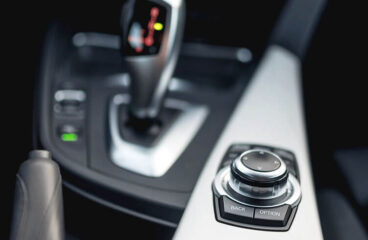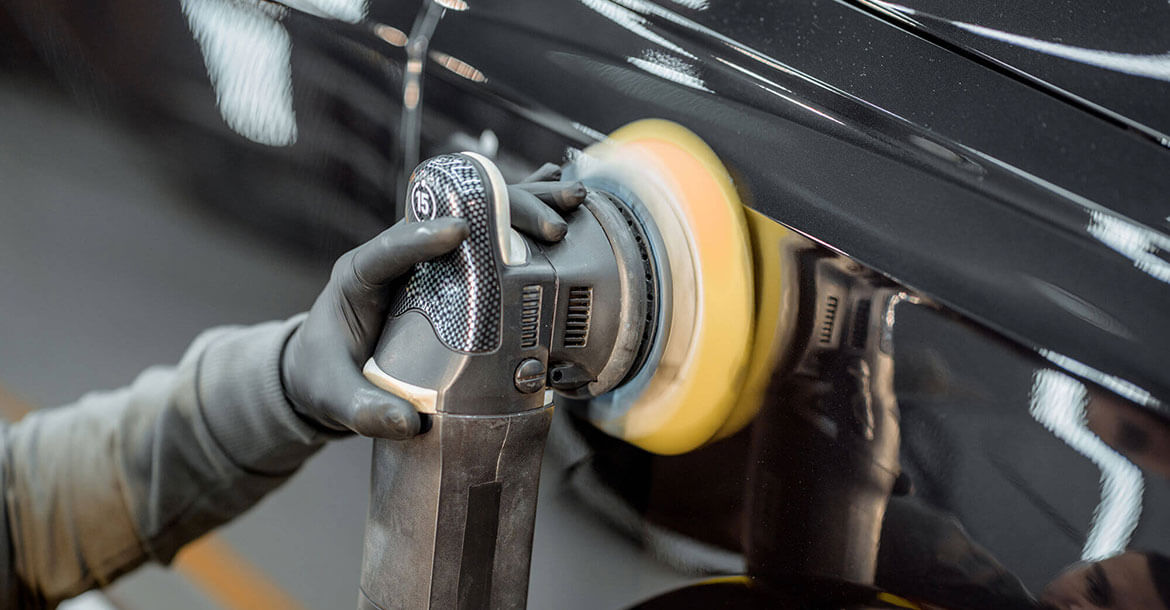WHAT ARE THE PROS AND CONS OF CVT
The CVT or Continuously Variable Transmission have been the preferred choice of the automatic transmission for many automakers. These belt-driven transmission systems are known for their comparatively seamless gear changes with the advantage of infinite gear ratios, and that translates down to refined ride quality.
However, the towing capacity of a vehicle gets affected, and driving skills needs to be experienced when handling a car fitted with CVT. Because of the later problem, many car owners and automakers swear against the viability of CVT engine options.

When it comes to cars, the Datsun GO, and GO+, Honda Amaze, Maruti Suzuki Baleno, Nissan Magnite, and the Renault Kiger are some of the household cars that come fitted with a CVT. So, why is the CVT preferred so much, but companies, like Mazda, swear to never use CVT in their car? Let’s find out the pros and cons of the CVT.
PROS AND CONS OF CVT
NO ILLUSION IS MORE CRUCIAL THAN THE ILLUSION THAT GREAT SUCCESS AND HUGE MONEY BUY YOU IMMUNITY FROM THE COMMON ILLS OF MANKIND, SUCH AS CARS THAT WON'T START
Many vehicles come fitted with a continuously variable transmission, also known as a CVT transmission. Compared to standard transmissions, CVT transmission works without any physical gears. This can change ratios in response to acceleration, achieving any ratio to match your car. The result is a smoother ride with seamless driveability and efficient fuel performance.
CVT GEARBOX FREQUENTLY
CVTs have been used in various vehicles for many years and are generally considered reliable transmissions. They are especially popular in hybrids and SUVs because they offer excellent fuel efficiency and smooth, uninterrupted power delivery. The continuously variable transmission is very reliable, and they usually last a long time. Many people believe that CVTs are more reliable than the typical automatic transmission, which is one reason why they are becoming increasingly popular.


Comments (3)
Richard Joash
9 September 22 4:20 amBut for me, I will stick with the car that has a CVT because it is perfect for me.
Richard Joash
9 September 22 4:21 amI’ll take if for the economy, comfort (over manual) and efficiency. 🙂 I think it’s also more reliable than those dual-clutch trannies found in Ford, Hyundai or Volkswagen, anyway. Besides, in our country the Philippines, standstill traffic common, and you can’t have fun driving a manual in our less-than-imperfect roads.
Diwa Alejandro Galvez
9 September 22 4:28 amI agree the overall car has a lot to do with satisfaction. How much better would a Dodge Caliber or Nissan Versa be with a 6 speed automatic instead of their CVTs? In the old ’07-11 Nissan Versa the 4 speed automatic was horribly slow and when you got cut off it would take forever to speed up again. The Versa’s CVT was much more responsive.